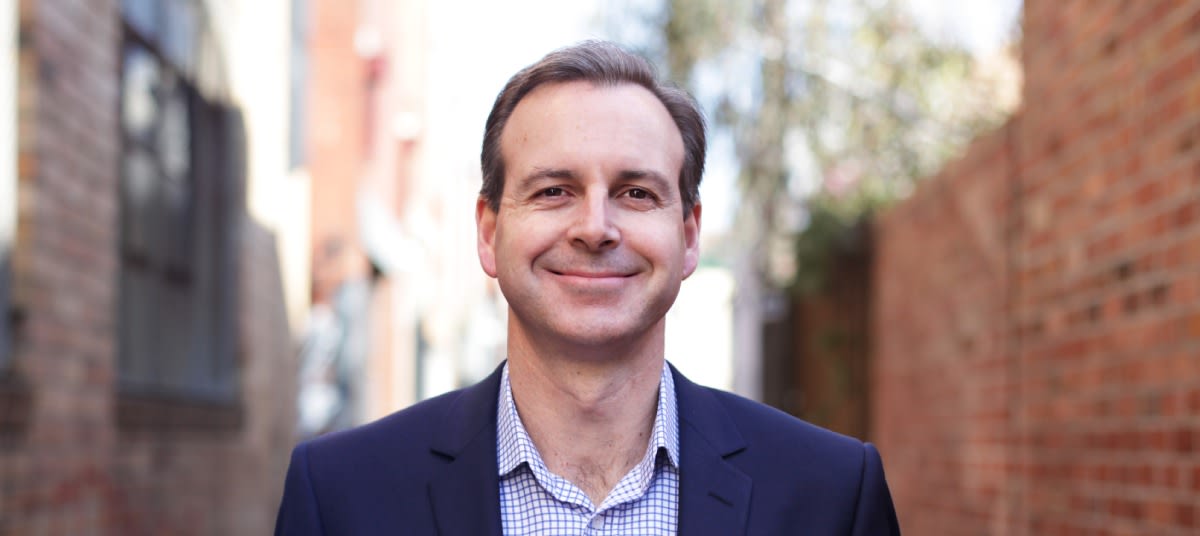
The Property Investors Council has warned an increasing number of investors in Victoria may choose to sell their properties given the new levies introduced.
As part of the Victorian government’s housing plan aimed at boosting supply in the state, the government has also announced new regulations concerning short-stay accommodation.
The Victorian government is set to introduce a 7.5 per cent levy on short-stay accommodations, such as Airbnb or Stayz, which will be passed on to property owners.
The government stated that the revenue generated, estimated at approximately $70 million annually, will be allocated to Homes Victoria, with 25 per cent of the funds earmarked for investment in regional Victoria.
Chairperson at the Property Investors Council of Australia, Ben Kingsley, said the move would discourage investors, particularly given the state’s stringent policies.
“Victoria has the highest compliance costs, the highest stamp duty and the lowest threshold for when land tax kicks, meaning more taxes are paid,” Mr Kingsley said
“It’s clear Victoria for many property investors will be off-limits for new investors.”
This comes on the heels of the state government’s budget announcement reducing the tax-free threshold for land tax from $300,000 to $50,000, effective 1 January 2024.
Those subject to land tax will also face a temporary fixed charge, starting at $500 for properties valued up to $100,000 and $975 for those valued up to $300,000.
Mr Kingsley emphasised that the government is losing the battle to attract tens of billions of dollars from ‘small-business property investors’ and called for incentives rather than disincentives to encourage investment in the state.
Director at Grand Ocean Financial Services, Terrence Sum said he hadn’t observed significant investor activity in Victoria. Instead, there appeared to be a stronger focus on the WA and QLD markets.
“Instead of penalising short term holiday providers like Stayz and AirBnB, the government should tackle the housing crisis with more investor incentives so investors have more reasons to provide long term rental.”
Regional housing to benefit
The short-term levy comes as regional Victoria continues to grow, with an expected population of approximately 2.3 million people by 2051 and growing housing concerns in the regions, Premier Dan Andrews said.
“Across our regional and rural areas, it’s getting harder and harder to find a place to live – whether you’re buying or renting – and that’s one of the biggest challenges our regions face in attracting and keeping workers,” Mr Andrews said.
“Over the last five years, rents in regional Victoria have skyrocketed by 40 per cent and the number of new lettings fell by 3.7 per cent in the last financial year.”
As a result, the levy is designed to discourage landlords from converting properties from long-term rentals to tourist accommodations as the popularity of short-term rentals continues to grow.
“In Victoria, there are more than 36,000 short stay accommodation places – with almost half of these in regional Victoria,” Mr Andrews said.
In addition, more than 29,000 of those places are entire homes.
“These are places that cannot be used for longer-term accommodation or rented out on fixed term agreements – so it makes sense that they should provide some benefit toward the places that can,” Mr Andrews said.
The funds generated will also mean other local council charges on short-stay accommodation will be removed.
Despite the added costs, Mr Kingsley argued that the yields for short-term accommodations remain “far superior” and investors are likely to “simply pass on the costs.”
“I don’t foresee a significant shift from short-term to long-term rentals. Instead, the higher probability is that investors will sell their properties in Victoria in the short term,” Mr Kingsley said.
[Related: Victoria's land tax grab will hurt property owners]
